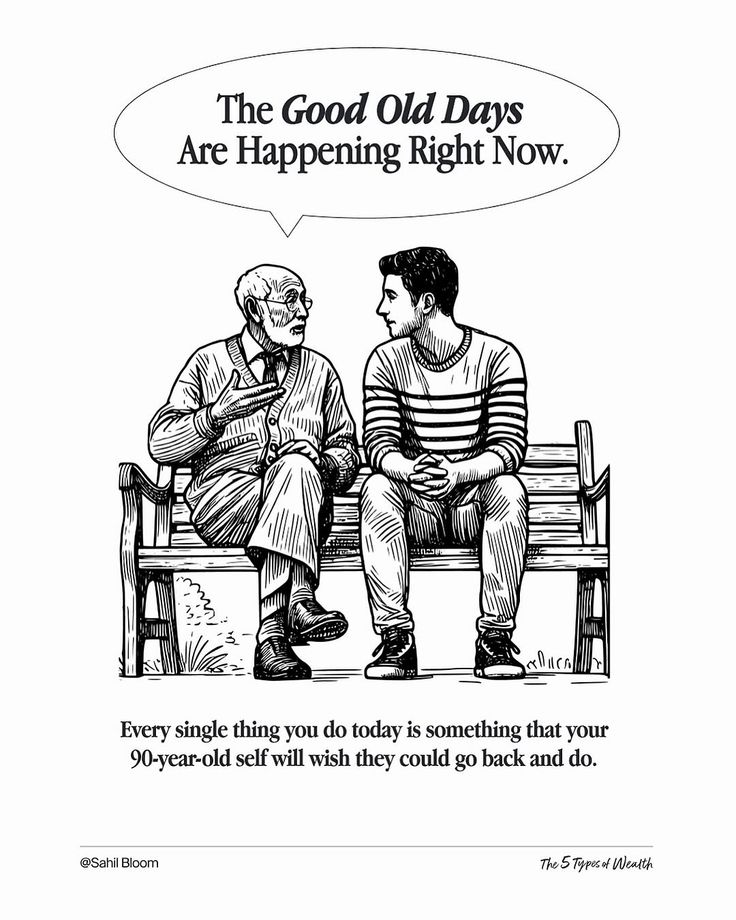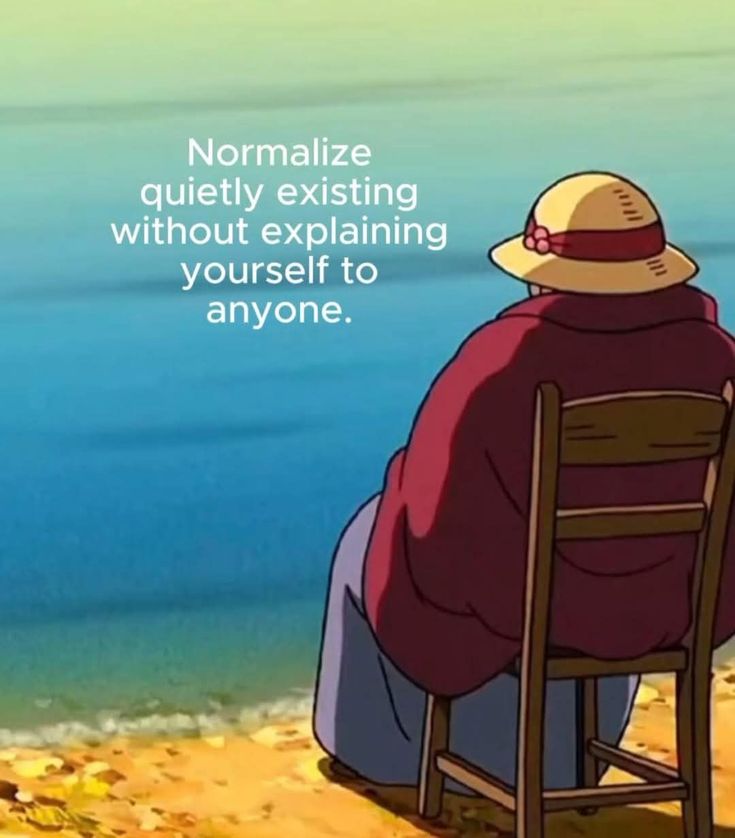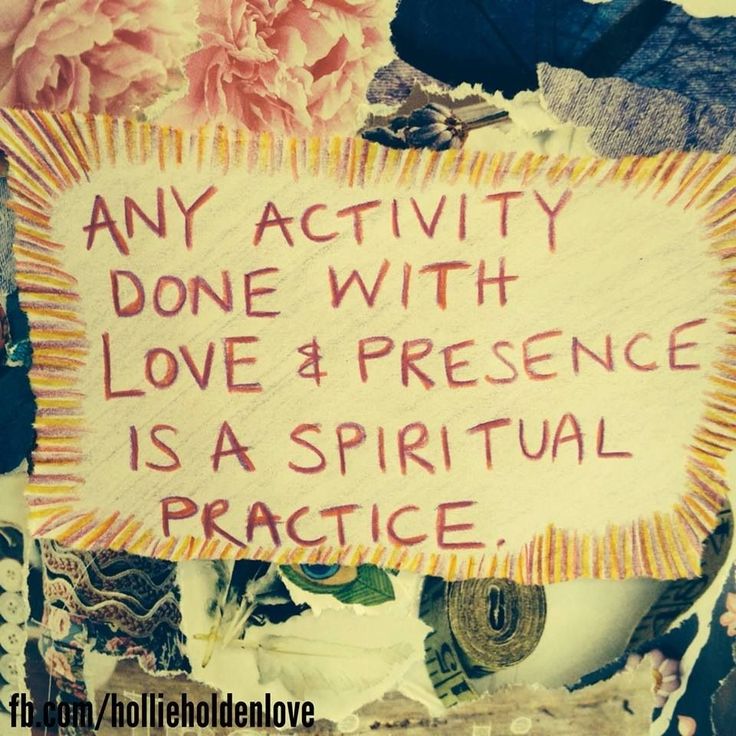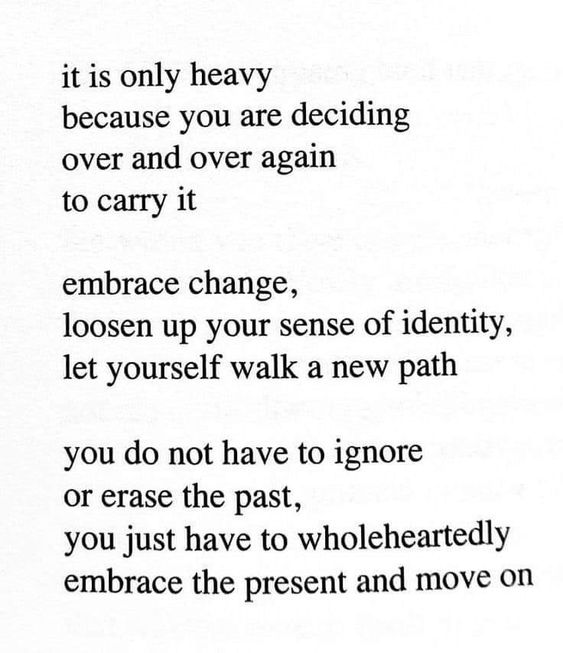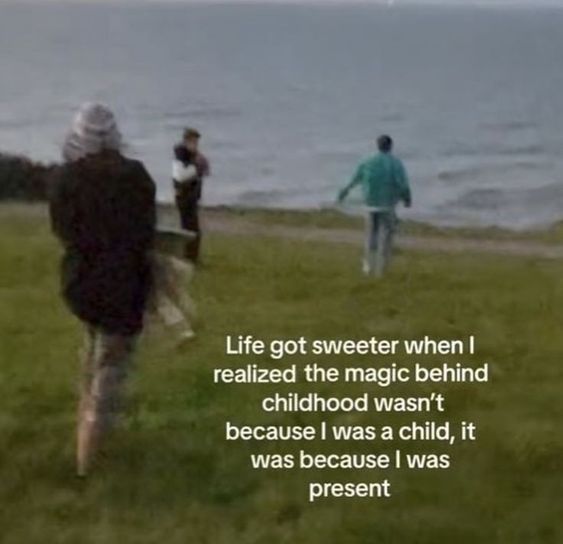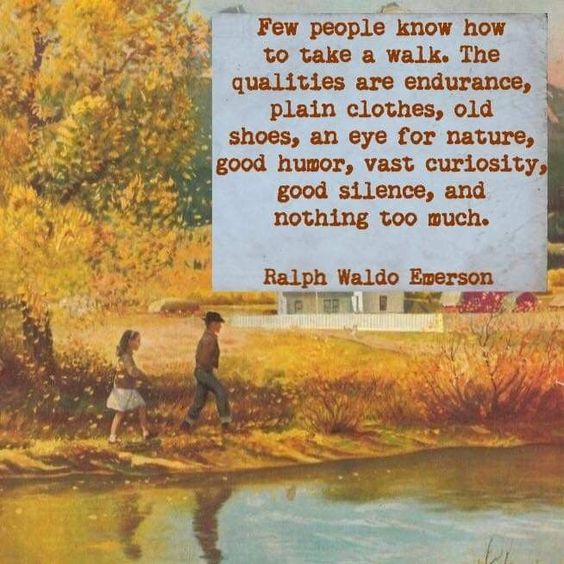“Both peace and joy and their counterparts, non-reactiveness and present moment awareness, all stem from a particular quality of mind, equanimity. When the mind is balanced and steady, when it is taking in the world without clinging to it, when it is simply observing without judging, the mind is in a state of equanimity. The door to access the full beauty of life and the wisdom of the universe is opened by equanimity.”
Yung Pueblo
“We spend our lives lost in thought. The question is, what should we make of this fact? In the West, the answer has been ‘Not much.’ In the East, especially in contemplative traditions like those of Buddhism, being distracted by thought is understood to be the very wellspring of human suffering. From the contemplative point of view, being lost in thoughts of any kind, pleasant or unpleasant, is analogous to being asleep and dreaming. It’s a mode of not knowing what is actually happening in the present moment. It is essentially a form of psychosis. Thoughts themselves are not a problem, but being identified with thought is. Taking oneself to be the thinker of one’s thoughts—that is, not recognizing the present thought to be a transitory appearance in consciousness—is a delusion that produces nearly every species of human conflict and unhappiness. It doesn’t matter if your mind is wandering over current problems in set theory or cancer research; if you are thinking without knowing you are thinking, you are confused about who and what you are.”
Sam Harris, Waking Up (Page 101)
“In my view, the realistic goal to be attained through spiritual practice is not some permanent state of enlightenment that admits of no further efforts but a capacity to be free in this moment, in the midst of whatever is happening. If you can do that, you have already solved most of the problems you will encounter in life.”
Sam Harris, Waking Up (Page 49)
“Be present to it all: Welcome it and be with all the feels. Don’t make the situation or yourself wrong. Without resistance to what it is, you’ll feel more in your power. Being present in the moment also helps reduce anxiety about the future. Engage in activities that help you stay grounded, such as meditation, exercise, or spending time in nature.”
Nat Couropmitree | Read Matt’s Blog on this Quote ↗
“The literature on [the] psychological benefits [of mindfulness] is now substantial. There is nothing spooky about mindfulness. It is simply the state of clear, nonjudgmental, and undistracted attention to the contents of consciousness, whether pleasant or unpleasant. Cultivating this quality of mind has been shown to reduce pain, anxiety, and depression; improve cognitive function; and even produce changes in gray matter density in regions of the brain related to learning and memory, emotional regulation, and self-awareness.”
Sam Harris, Waking Up (Page 35)
“The reality of your life is always now. And to realize this is liberating. In fact, I think there is nothing more important to understand if you want to be happy in this world.”
Sam Harris, Waking Up (Page 34)
“Most of us could easily compile a list of goals we want to achieve or personal problems that need to be solved. But what is the real significance of every item on such a list? Everything we want to accomplish—to paint the house, learn a new language, find a better job—is something that promises that, if done, it would allow us to finally relax and enjoy our lives in the present. Generally speaking, this is a false hope. I’m not denying the importance of achieving one’s goals, maintaining one’s health, or keeping one’s children clothed and fed—but most of us spend our time seeking happiness and security without acknowledging the underlying purpose of our search. Each of us is looking for a path back to the present: We are trying to find good enough reasons to be satisfied now.”
Sam Harris, Waking Up (Page 2)
“History is concerned with the past. It is concerned with the dead. It is concerned with that which is no more. The whole concern should be with that which is right now, this very moment. Don’t only forget history, but forget your biography also, and each morning start your day as if it were completely new, as if you have never existed before. That’s what meditation is all about: to start each moment anew, fresh like dew, not knowing anything of the past. When you don’t know anything of the past and you don’t carry anything of it, you don’t project any future. You have nothing to project. When the past disappears, the future also disappears. They are joined together. Then pure present is lift. that is pure eternity.”
Osho, Everyday Osho (Page 298)
